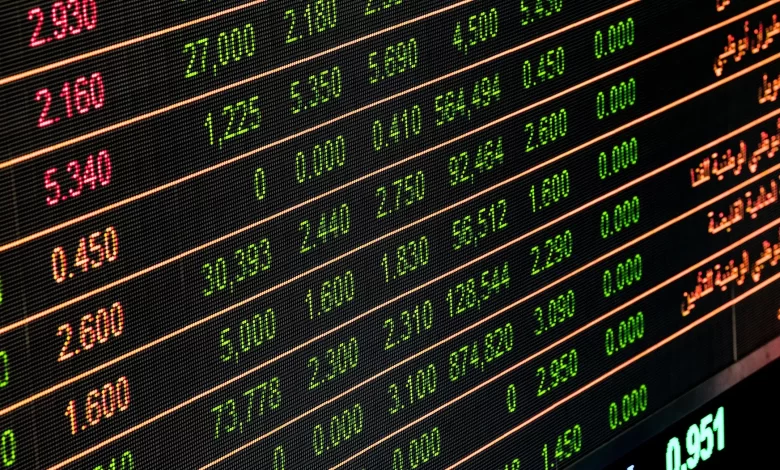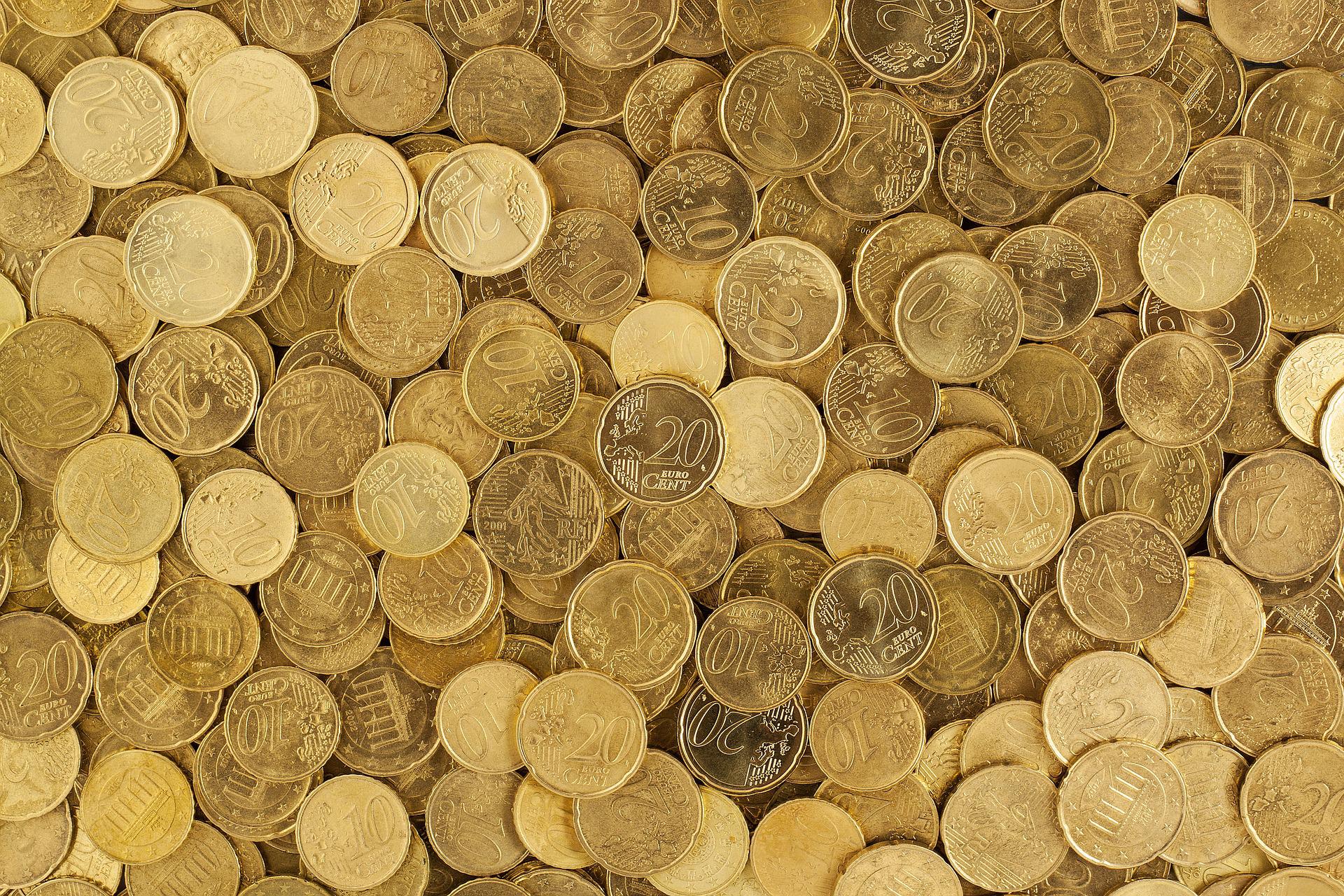5 ways you can trade currencies

The forex market is the biggest financial market in the world, with a daily turnover volume of trillions of dollars. For many, forex trading is a great option for investing because of its low transaction fees and high liquidity. As one of the oldest financial markets, investors also find comfort in the fact that forex trading will be here to stay in the long run.
The forex market is a large place and its main participants are central banks, financial institutions such as brokers and investment banks, international corporations and large enterprises, professional traders, and retail traders. The diverse ecosystem of this decentralised market makes it very appealing and accessible for anyone with capital who wants to participate.
Below are 5 ways investors can start trading currencies.
-
Traditional forex trading in the forex market
The most common and straightforward way to trade currencies is through creating a forex account with a broker or a bank. Traders then can access the forex market and trade global currencies at the click of a finger.
The forex market does not have a centralised location. International participants can trade from anywhere in the world as long as they have Internet connection. The market is open to retail traders on week days and has four major sessions – Sydney, Tokyo, London, and New York. These eight-hour sessions typically open in the morning of local time zones and close in the afternoon.
Sessions can and do overlap, meaning that the actual trading times for retail forex traders seep into the weekends.
For example, an Australian trader can catch the New York trading session just because it closes on a Friday afternoon on the East Coast, which for the Australian trader would be Saturday afternoon in Sydney. Similarly, a Californian trader can participate in the first session of the week – the Sydney session which opens Monday morning in Australia. For the Californian, this is Sunday afternoon.
Remember that for every currency you buy, you are effectively selling another one. If you go long EUR/USD, you are buying Euros, while selling US dollars. If you go short GBP/JPY, you are selling British pounds for the Japanese yen.
-
Trading currencies through CFDs
Traders can also trade currencies through Contracts for Differences, abbreviated as CFDs. Forex CFDs allow traders to speculate on the price movement of currencies and profit from them, without purchasing the asset itself.
Forex CFDs differ from traditional forex trading. Because CFDs are leveraged products, which means that investors can apply leverage to their trades. Leverage allows traders to open positions with a margin (which is a fraction of the total size of the trade), and they are represented in ratios, such as 1:100, or 1:50. A leverage of 1:50 means that for every $1 a trader puts down, they can open a position of $50. Therefore, if a trader would like to trade $20,000 with a leverage of 1:50, they will find that they only have to put down a margin of $400.
When calculating profits and losses of a leveraged position, you should pay attention to the entire size of the trade . This means that profits and losses can be greatly magnified. CFDs are also cash-settled. But other than that, they function on the same underlying principle of traditional forex trading. If you believe a currency will appreciate, you will purchase it with another one, and if you believe a currency will depreciate, you will sell it for another one.
-
Trading currencies through ETFs and ETNs
ETF stands for Exchange-Traded Fund. ETN stands for Exchange-Traded Note. And currency ETFs and ETNs can be bought like stocks on exchanges. When trading currency ETPs (Exchange-Traded Products), investors can gain exposure to currency pairs. And these funds track the relative value of a currency (or multiple currencies) instead of trading the currency itself outright.
As ETPs can track a basket of currencies, they can help investors gain wider exposure. This diversification of an investment portfolio also allows traders to potentially hedge against risks ahead of time. These risks are usually related to the currency’s issuing country, such as its economic health, diplomatic relationships with other countries, and possibility of disasters.

-
Certificates of Deposit (CDs)
Certificates of Deposits (CDs) for foreign currencies are available for purchase. These can focus on individual currencies or a basket of currencies, depending on the trader’s preferences. A regulated financial provider purchase CFDs either in your country of domicile or abroad, and they allow investors to earn interest at foreign rates.
When your purchase a CD, you agree to leave your money in your account for a set timeframe, and in return, you receive a percentage return, based on the interest rate of the country of the currency you are investing in.
CDs are generally low-risk for investors to store their savings in the short-term. The extra benefit they offer is that investors can earn a modest return on the money they put in a CD.
However, foreign currency CDs can be risky, as exchange rate fluctuations can have a big effect on returns.
-
Foreign bond funds
Finally, forex traders can also invest in foreign bond funds. These are mutual funds, and investors are essentially investing in the bonds of foreign governments. Though not directly related to forex trading, the country that issuing the bonds denominate these foreign bonds . This means that if the foreign currency rate increases relative to that of your home country’s currency, you will be indirectly earning money when it is eventually converted back into your local currency.
How should I trade forex?
Which method of forex trading you will pick will ultimately depend on your experience, expertise, and risk tolerance. Straightforward trading methods can be good for beginners, while trading currency CFDs may be good for experienced risk-takers due to the potential for high rewards.
The most important thing is to do adequate research on the pros and cons. Understand how they work thoroughly so you can make an informed choice. You should also be aware of country restrictions.
Getting started in forex trading in Hong Kong
In Hong Kong, local forex traders (such as residents and citizens) are open to investing in all five methods, but this may not apply for foreign citizens located in Hong Kong. For example, as the product is not legal in the USA, US government bans citizens from purchasing CFDs, and this extends to citizens abroad.
To get started, you can check out the detailed requirements of financial institutions as well as compare costs. To learn more about forex as financial product, you can visit Saxo Hong Kong.
Next article: https://articlesoup.com/how-to-decorate-your-home-modern-style/




